Parents call for more flexible working at senior levels
The latest workingmums.co.uk annual survey highlights the challenges working mothers face when working flexibly – and the opportunities it can bring.

Discrimination, unconscious bias and flexible working
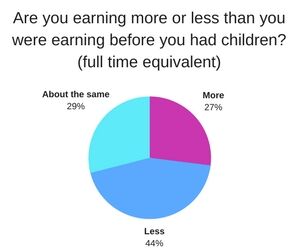
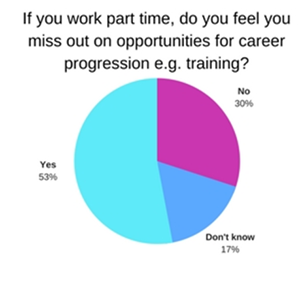
The gender pay gap and flexibility
While a complex issue, fewer women than men occupying senior positions contributes to gender pay gaps, which more flexible working could help mitigate.Commenting, Gillian Nissim, founder of www.workingmums.co.uk, explains: “There is a clear link between the availability of flexible working, women’s career progression and the gender pay gap.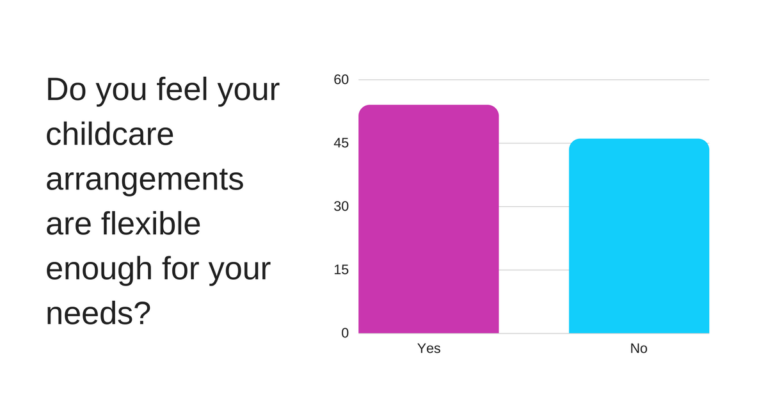
Read more about gender pay, flexible working and women in leadership:
- Shared parental leave failing workers: study
- Trust lacking in gender pay audits to close gaps: survey
- HR stigma remains around maternity leave: new research
- Gender pay gap at senior levels due to 'poor signalling'
Flexible working and career progression
The survey shows that many employers are losing experienced women because they cannot accommodate their flexible working requests.- 23% of women had had flexible working requests turned down by their employer
- 19% had left as a result
- 35% had the request turned down for a reason other than that allowed under flexible working legislation
- 57% of those whose flexible working request had been refused while they were on maternity leave felt they might not return to work.
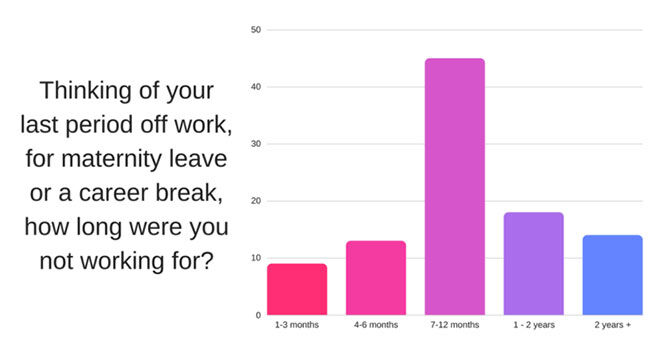
Workplace culture and flexible work
“It is not enough to retain women after maternity leave or attract them back through returner programmes,” continues Gillian Nissim. “The culture has to be sufficient to enable them to stay.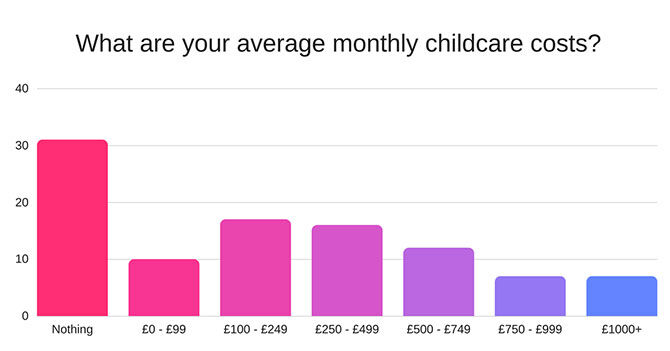
For more HR news and features, please click here.
Access hundreds of global services and suppliers in our Online Directory Get access to our free Global Mobility Toolkit
Get access to our free Global Mobility Toolkit 
©2025 Re:locate magazine, published by Profile Locations, Spray Hill, Hastings Road, Lamberhurst, Kent TN3 8JB. All rights reserved. This publication (or any part thereof) may not be reproduced in any form without the prior written permission of Profile Locations. Profile Locations accepts no liability for the accuracy of the contents or any opinions expressed herein.






































